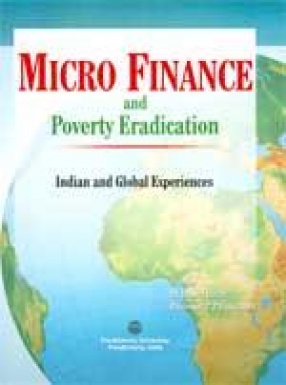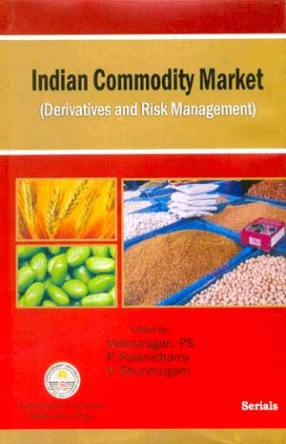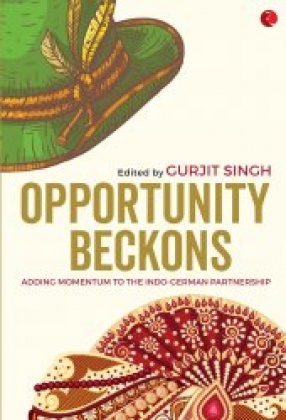Micro Finance and Poverty Eradication: Indian and Global Experiences
Since Independence 1947, the government of India and Reserve Bank of India (RBI) have made concerted efforts to provide the poor with access to credit. Despite the phenomenal increase in the physical outreach of formal credit institutions in the past several decades, the rural poor continue to depend on informal sources of credit. Institutions have also faced difficulties in dealing effectively with a large number of small borrowers, whose credits needs are small and frequent and their ability to offer collaterals is limited. Besides, cumbersome procedures and risk perceptions of the bank left a gap in serving the credit needs of the rural poor. Micro finance is the provision of a broad range of financial services such as deposits, loans, payments, money transfer, and insurance to the low-income households and their micro enterprises The basic purpose of micro finance is to provide access financial assistance, including credit to the poor to enable them to start/expand micro enterprises to break out of poverty. Micro credit enables the poor people to be thrifty and helps them in availing the credit and other financial services for improving teir income and living standards. This book contains 45 papers contributed by scholars in the field of micro finance. These have been categorized into the following 5 theme parts. Micro finances: General observations. Micro finances, self-help Groups (SHGs) and financial inclusion. Micro finances, poverty alleviation and empowerment of women. Technical aspects of micro finance. Micro Finance: case studies in India and Abroad. The volume is designed to contribute to the existing body of literature available on micro finances. The work is fairly replete with inspiring and enlightening matter and hence it will commend itself to all categories of readers, particularly academicians, researchers, governments functionaries, teachers and students of economics, commerce and business management.
Get it now and save 10%
BECOME A MEMBER








Bibliographic information
P. Palanichamy